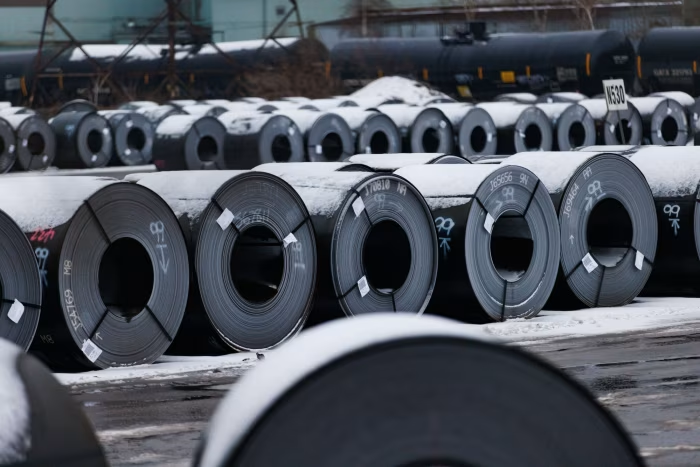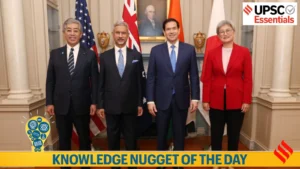On Saturday, May 31, the European Commission issued a stern warning against the U.S. government’s decision to double tariffs on imported steel and aluminum. The EU condemned the move, stating it undermines mutual efforts to resolve trade disputes through dialogue and pledged to implement countermeasures by July 14, or earlier if necessary.
According to the EU’s statement, the latest tariff increase—announced by former President Donald Trump—adds uncertainty to the global economy and raises costs for consumers and businesses on both sides of the Atlantic.
Trump declared the tariff hike during a rally in Pennsylvania on Friday, increasing duties on steel and aluminum imports from 25% to 50% effective June 4. He later reiterated the policy via social media.
The Chair of the European Parliament’s International Trade Committee, Bernd Lange, stated that while the EU prefers negotiation over retaliation, it is fully prepared to respond. Lange, who recently led a trade delegation to Washington, said, “If Trump’s threats become reality, our countermeasures should take effect immediately.”
The EU is reportedly finalizing its expanded list of retaliatory tariffs, with special attention to maintaining WTO consistency. According to U.S. Department of Commerce data, as of March 2025, U.S. steel prices stood at $984 per ton, significantly higher than the €690 per ton price in Europe.
Canada, another major target of the tariffs, voiced strong opposition. Candace Laing, President of the Canadian Chamber of Commerce, warned that dismantling efficient and reliable cross-border steel and aluminum supply chains would cause mutual economic harm.
The United Steelworkers, North America’s largest industrial union, criticized the policy as a direct threat to Canadian jobs, stating: “Tens of thousands of Canadian jobs are at risk. Communities reliant on steel and aluminum are in danger. The Canadian government must act swiftly to protect workers.”
Trump’s tariff plan also faced domestic legal hurdles. On Wednesday, the U.S. Court of International Trade suspended most of the tariffs on procedural grounds, citing executive overreach. However, a day later, the Federal Circuit Court of Appeals temporarily reversed the suspension, allowing the Trump administration’s orders to proceed.
Although the ban was lifted quickly, the legal battle highlights the fragility of Trump’s broader trade strategy, which relies heavily on high tariffs to pressure trade partners into renegotiating deals.
[Source – 上海有色网] 美将钢铝关税提高至50% 欧盟称准备采取反制措施 https://news.smm.cn/news/103355057




